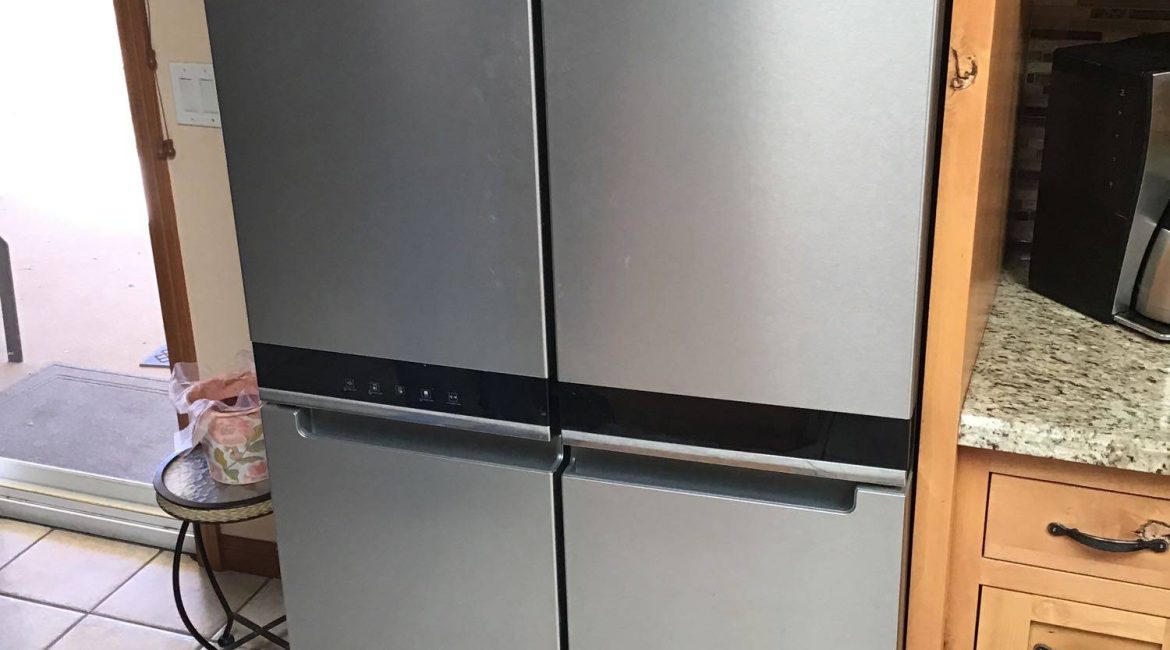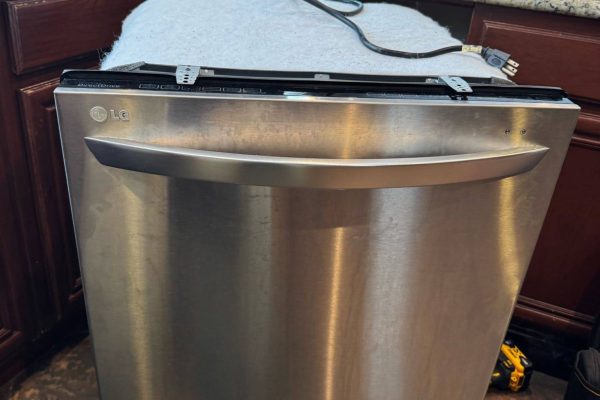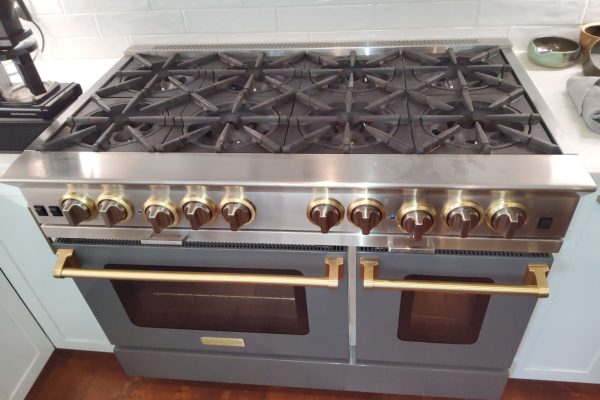A refrigerator’s primary function is to keep your food fresh — not frozen. But when you open the fridge door and find lettuce turned into ice or milk with frozen edges, something is clearly wrong. This common problem can be both frustrating and wasteful, especially when it causes damage to your groceries. Two of the most likely causes behind this issue are a faulty thermostat or blocked air vents. Understanding these problems can help you recognize the warning signs early and prevent bigger repair costs down the road.
The Role of the Thermostat in Temperature Regulation
The thermostat in your refrigerator is the control center for temperature. It constantly monitors the internal temperature and signals the compressor to turn on or off to maintain the set level. If the thermostat becomes faulty or inaccurate, it may misread the actual temperature inside the fridge.
When this happens, the compressor could run longer than necessary, pushing the temperature below freezing. As a result, your vegetables, fruits, and other perishable items begin to freeze.
Common symptoms of a faulty thermostat include:
- The refrigerator runs constantly without cycling off.
- Food in the fresh compartment is freezing, while the freezer may seem normal.
- You notice inconsistent temperatures, even after adjusting the dial.
How to check it:
Try adjusting the thermostat to a slightly warmer setting and observe the results after a few hours. If the problem persists, the thermostat may be defective and need replacement. A technician can test the component using a multimeter to determine if it’s functioning correctly.
Blocked Air Vents: Uneven Airflow and Temperature Imbalance
Modern refrigerators rely on a system of air vents that circulate cold air between the freezer and fresh food sections. When these vents are blocked—by food containers, bags, or ice buildup—the airflow becomes restricted. This causes cold air to become trapped in one area of the fridge, often near the vents, freezing nearby food.
Typical causes of blocked air vents include:
- Overpacked shelves blocking air circulation.
- Ice or frost buildup around the vent openings.
- Misplaced containers that prevent even distribution of cold air.
To check for this, inspect the vents located along the back wall of your fridge. If you notice frost or items pressed up against them, rearrange your food and defrost the appliance if necessary.
Preventive tip: Always leave space between food items and ensure vents are clear to allow air to move freely throughout the refrigerator.
Other Contributing Factors
While a thermostat malfunction or blocked vent is most common, a few other issues can lead to freezing in the fresh food compartment:
- Defective damper control: The damper regulates how much cold air from the freezer enters the refrigerator section. If stuck open, it allows too much cold air in, freezing the food.
- Faulty temperature sensors (thermistors): Modern models often use electronic sensors instead of mechanical thermostats. If these sensors fail, the control board receives incorrect data and overcools the fridge.
- Improper temperature settings: Sometimes, the problem is as simple as the thermostat being set too low. The ideal temperature for the fresh food compartment is between 37°F (3°C) and 40°F (4°C).
Why Professional Diagnosis Is Important
While you can check for simple causes such as blocked vents or incorrect settings, diagnosing a thermostat or damper issue requires professional expertise. A technician will use specialized tools to test electrical continuity, examine the control board, and verify air circulation.
Attempting DIY repairs without proper tools or knowledge can lead to further damage, higher energy consumption, and potential food safety risks.
Preventing Future Freezing Issues
You can minimize the chances of freezing in your refrigerator’s fresh food section by following these maintenance tips:
- Avoid overloading: Leave enough space for proper air movement.
- Check settings regularly: Keep the temperature between 37°F and 40°F.
- Clean vents and coils: Dirty condenser coils can affect cooling efficiency and temperature balance.
- Inspect door seals: Worn or damaged gaskets can let warm air in, causing the system to overcool.
- Schedule regular maintenance: Annual professional service can keep all components in good working condition.
When to Call a Professional
If your refrigerator continues freezing food despite your adjustments, it’s time to call for expert help. The issue might involve more complex components such as the main control board, sensors, or damper assembly — all of which require skilled diagnosis.
Oceanside Appliance Service Center provides reliable refrigerator repair for all major brands and models. Our experienced technicians can quickly identify whether the problem is a faulty thermostat, airflow obstruction, or another hidden malfunction.
A refrigerator that freezes food in the fresh food compartment is more than just a minor inconvenience — it’s a sign that something inside isn’t working correctly. Whether it’s a broken thermostat or a blocked vent, these issues can escalate if ignored.
Don’t let spoiled groceries or malfunctioning parts ruin your day. Contact Oceanside Appliance Service Center today for a quick, professional diagnosis and dependable refrigerator repair. Our experts will restore the right temperature balance in your appliance and help you keep your food perfectly fresh.
Call Oceanside Appliance Service Center today for expert refrigerator repair services near you!
Contact us


